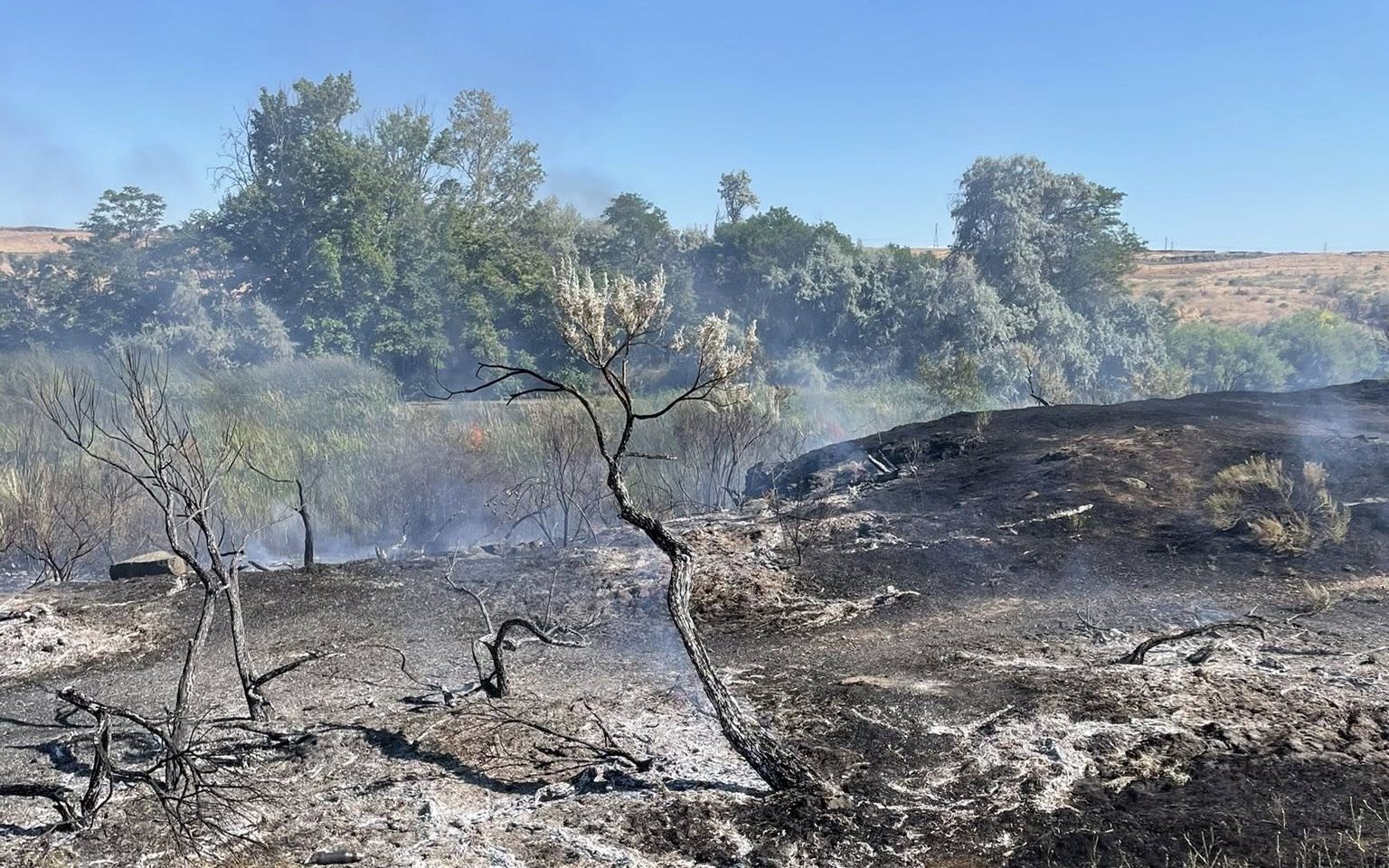Mass rampage murders — why do those people kill?
Published 10:15 am Saturday, August 11, 2012
Colorado killings in a movie theater. Wisconsin killings in a Sikh Temple. We want to know what made them kill and we want to stop it from happening again.
Some professionals say they were psychotic, off their medications, abused as children, bullied at school or they just suddenly snapped. Past FBI research said four danger signs were: childhood fire setting, childhood bed wetting, torturing animals and head injury. More recent FBI research of 40 student rampage killers identified these common issues: depression, poor anger management, fascination with violent entertainment and bombs, narcissism, low self-esteem, feelings of persecution, tended to be white males, some had schizophrenia and no empathy for others. They tended to not abuse drugs, had no prior criminal history and were not cruel to animals.
Brian Van Brunt of Western Kentucky University recently published the book, Ending Campus Violence: New Approaches to Prevention. He said mass rampage killings are not impulsive acts but are the product of careful and meticulous planning over many months. He provides hope in reducing these killings and indicates that there are signs to look for. He said we should call for help and report the hints and comments that potential shooters make before the violence happens.
The U.S. Marshals office reports some of escalating signs to watch for: loss of job, combined with a pending divorce; custody conflicts, financial problems, an illness or health crisis, a court case gone bad, a history of mental illness, psychotic disorders and statements such as, I dont care what happens to me any more, I dont have anything to lose.
An extensive study of eight mass rampage killers found three types of shooters: traumatized, psychotic and psychopathic. These eight shooters killed a total of 69 people and injured 92.
Traumatized shooters were from broken homes, suffered physical or sexual abuse, had one parent with substance abuse problems and one parent had a criminal history.
Psychotic shooters came from intact families with no abuse. They had schizophrenia, heard voices, and suffered hallucinations.
Psychopathic shooters came from intact families with no abuse. They had no feelings for others suffering, no empathy, a lack of conscience and sadistic behavior.
Traumatized shooters in this study were depressed, physically and emotionally abused children who planned to kill themselves and were influenced by others to commit murder. One had an alcoholic father with an explosive temper, and the male shooter was sexually abused as a child by an older male for several years. Another boy was physically abused by an alcoholic mother who got involved with men who mistreated the son. The boys father committed suicide during an armed standoff with police. These shooters were not psychotic, not psychopathic but they had a friend who encouraged them to kill people at school.
The psychotic shooters had schizophrenia, paranoia, fears of being persecuted and one had early onset psychosis as young as age 11. There were bizarre thoughts, fears of monsters in the house and hearing voices. Some of the children did not speak very much and often had an empty expression on their face. They were not abused, and were not psychopathic.
The psychopathic shooters had a sense of superiority, contempt for others and took sadistic pleasure in inflicting pain on people and animals. They could be charming, smooth and present themselves as being likable and charismatic. They were belligerent and mean to neighborhood children which was a surprise to their parents. Several parents prohibited their children from playing with them. One boy killed a cat, choked kittens to death and carried a knife to intimidate other children. They had a lack of remorse, delighted in deception, were thrill seekers, callous and had poor anger control. They had inflated self-worth and saw themselves as above the rules. One showed signs of being a psychopath before age 10. One vandalized homes, broke into school and detonated homemade bombs for fun. They wanted to be superior to everyone else, and rejected laws and authority. One was sadistic and wanted to strangle and mutilate people. They also came from well-functioning families with no abuse or psychosis.
The answer to why they kill is complicated. What can we do? Brian Van Brunts new book does more than research why mass rampage killings happen, it gives new approaches for preventing and ending these shootings. Childhood psychosis can be treated by a medical professional. Childhood depression can be treated by licensed counselors. Schizophrenia and depression respond well to the correct medications. There are tests that psychologists perform to find out what problem a child or adult is struggling with. Psychopathic tendencies can be identified sooner than later in hopes of preventing future problems.
There is hope in preventing this kind of violence. People need to have the courage to step up and ask for help if you notice these types of issues in your friends or family members. If you have any concerns, contact a health care professional. You can call the 24-hour national crisis line for advice at 800-273-8255. You can call me. You can call any licensed counselor or your family doctor.
Robert Marc Clark is a mental health psychotherapist and license clinical social worker with a private practice in Pendleton. He can be reached at 541-276-4017.






